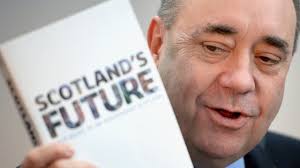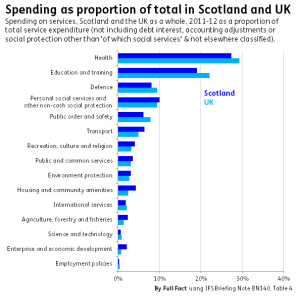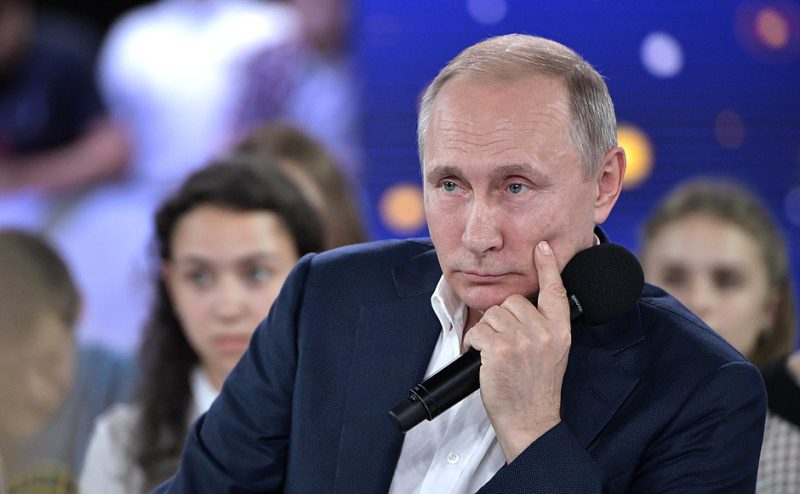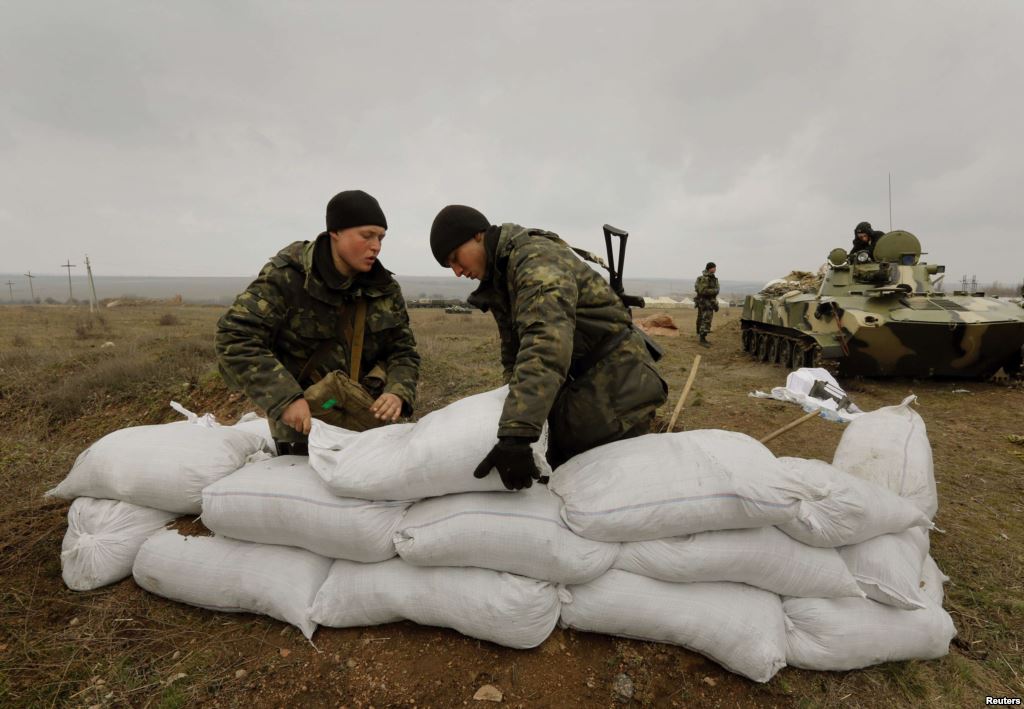In the second article in this series of three, the Trident dilemma facing the British government was outlined. Unimaginative as it may seem, the conclusion was effectively that there is no easy answer for the UK in the event of a Scottish ‘Yes’ vote. Even discarding this eventuality, the United Kingdom’s Trident program will come under considerable scrutiny and may struggle to continue living its deceptively tranquil existence on the shores of Gare Loch.
Trident, however, is its own special case. Scotland doesn’t want, nor does it think it needs, a nuclear deterrence capability. However, a newly independent Caledonian nation couldn’t possibly reject regular armed forces.
As such, the Scottish National Party outlined plans for a new Scottish armed forces in its white paper. Touched upon in the first article, the proposed budget for the acquisition of the assets mentioned in the white paper was found to be unrealistic at best, laughable at worst: UK £2.5 billion is simply insufficient for the sort of armed forces and military prestige that Alex Salmond deems Scotland to require.
Nevertheless, notwithstanding the apparent reluctance of Scottish personnel currently serving in the British Armed Forces to switch allegiance to a theoretically independent Scotland, the latter would for all intents and purposes be entitled to its share of British defence assets. Not only does its 8.3% of the British population warrant this, but so does the 3 billion-odd pounds it contributes to the United Kingdom’s defence every year. The assets sought would be two Type 23 frigates; four Sandown minesweepers; one Bay landing ship dock; two offshore patrol vessels; six patrol boats; 16 Typhoon fighter jets; six Hercules planes and six Lynx helicopters.
Despite the looming date of September 18, 2014, the details of such a transfer of assets have yet to be established. In fact, it would appear that the ‘Yes’ camp runs the risk of antagonizing Westminster over issues such as the pound, or the refusal to take on Scotland’s share of the British national debt if the UK withholds a currency union from Scotland. Whether they are to be taken with a grain of salt or not, threats of denying Scotland a cut of British military material in retaliation for such agitation would have us believe that, while the Scots ought to be granted a suitable fraction of military material, this is by no means a given.
Indeed, MP Ian Davidson points out the following:
‘It is difficult to imagine the UK handing over assets such as warships, aircraft and other military equipment when the Scottish share of the borrowing that has helped pay for these items is not being paid.’
The fact that the quote above is from an influential Scottish politician (Mr Davidson is the chair of the Scottish Affairs Committee) is telling, though by no means a damning indictment of Alex Salmond’s behaviour. However, it does draw attention to the fact that any negotiations between the UK and Scotland post-independence would be for the two to work out: there would be little in the way of a mediating body. This would be due to Scotland losing its place within NATO and the European Union following independence: re-admittance would be pretty much assured, but in time rather than with immediate effect. In the meantime, Scotland and the UK would be left to their own devices to determine what military equipment Scotland should receive in the absence of either the EU or NATO as a mediating body.
There is, of course, the possibility of bringing the case to the International Court of Justice. This, however, is too unlikely a scenario to be considered even a last resort. It is far more probable that, bar a peaceful and easygoing transition of military equipment from the UK to Scotland, the two countries will partake in extensive and drawn-out squabbling over military apportionment.
Whether or not such a suggested apportionment should fall within the realms of what Scotland feels it is entitled to, given its population and contribution to UK defence, is up for debate; the fact remains that it is a sizeable request — the total value of which would approach 1.62 billion pounds — and by extension a serious list of assets to hold over Scotland’s head if things get ugly between the latter and a Scotland-less United Kingdom.






